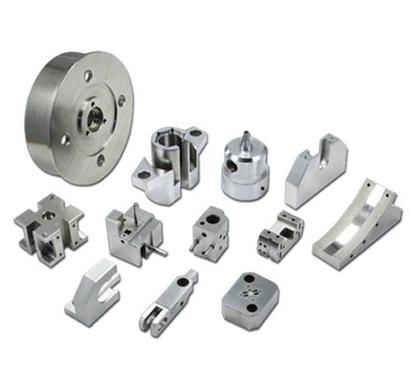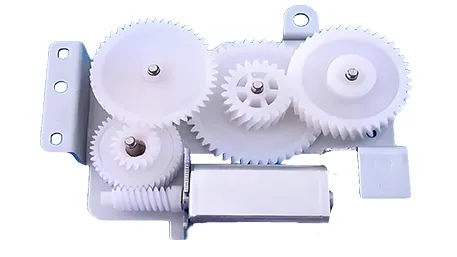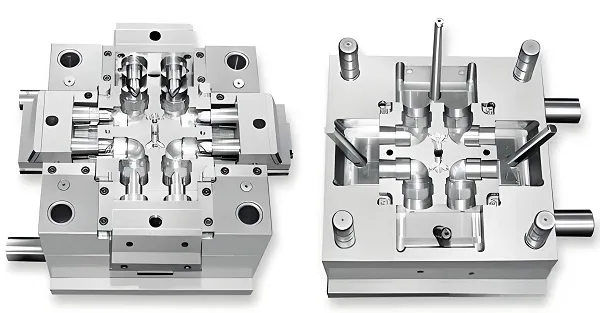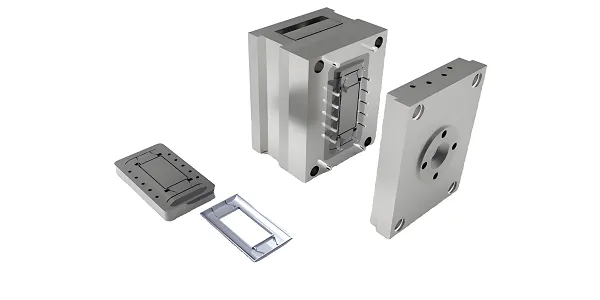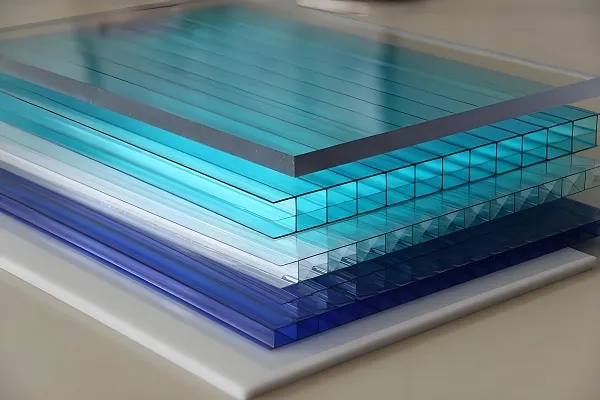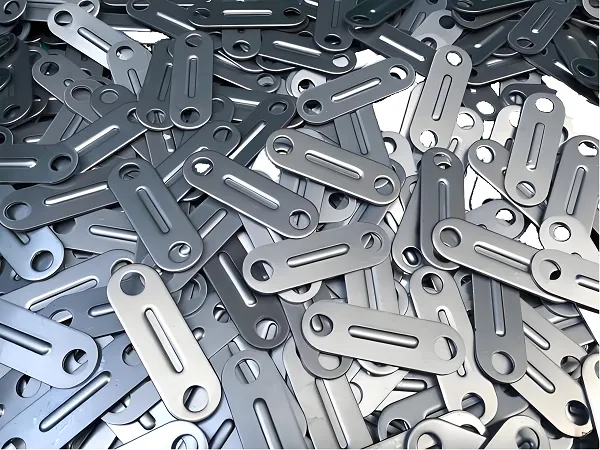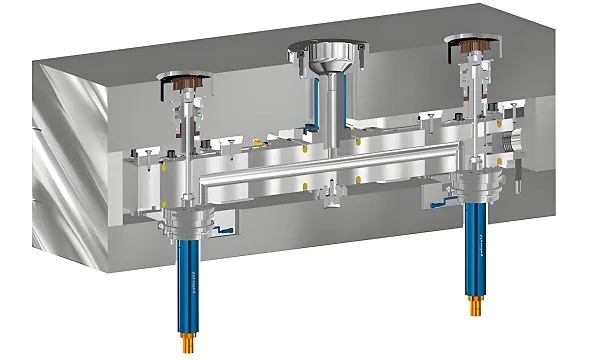In the world of high-tech machinery, some of the most critical components are the smallest ones. Think of the tiny pins in your smartphone’s charging port, the micro-needles in medical sensors, or the miniature shafts in aerospace gyroscopes—these are custom small precision turned parts: minute components crafted with extraordinary accuracy to keep complex systems running smoothly. At Goldcattle, with 26 years of expertise in micro-manufacturing, we’ve mastered the art of turning raw materials into micro-scale perfection. Let’s explore what these parts are, how they’re made, and why Goldcattle is the trusted partner for your small precision needs.
What Are Custom Small Precision Turned Parts?
Custom small precision turned parts are miniature rotational components—typically under 50mm in length or diameter—manufactured using CNC turning technology to exact specifications. Unlike standard small parts, these are tailored to unique designs, with tolerances as tight as ±0.001mm (about 1/50th the thickness of a human hair) and surface finishes smoother than 0.02μm Ra . What sets them apart? They perform critical roles in applications where space is limited, precision is non-negotiable, and even a micron of error could cause system failure.
These parts often feature intricate details: micro-grooves, tiny threads (as fine as M0.8), or ultra-thin walls (0.1mm thick) that demand specialized equipment and expertise to produce consistently.
The Technology Behind Micro-Scale Precision
1. Machines Built for Miniature Mastery
Crafting small precision turned parts requires equipment designed to handle micro-scale challenges. Goldcattle’s workshop is equipped with:
- Swiss-type CNC lathes: The gold standard for small parts. These machines use a guide bushing to stabilize long, thin workpieces, minimizing vibration and enabling tolerances as tight as ±0.0005mm—perfect for parts like medical catheter shafts or electronics pins .
- 4-axis micro-lathes: Combine turning with live tooling to add features like cross-holes (0.5mm diameter) or flats without secondary operations, reducing production time by 30% .
- High-speed spindles: Operating at 10,000–40,000 RPM, these ensure clean cuts in tiny workpieces, preventing material deformation in soft metals like brass or aluminum.
Our Swiss-type lathes, for example, recently produced 5,000 micro-connectors (3mm length) with 0.001mm concentricity, ensuring reliable electrical contact in a client’s IoT devices.
2. Materials: Choosing the Right Micro-Foundation
The best small precision turned parts start with materials that balance machinability and performance. Goldcattle works with:
- Stainless steel (304/316): Corrosion-resistant and strong (tensile strength 500–700 MPa), ideal for medical micro-needles and marine sensors .
- Brass (C36000): Excellent conductivity (26% IACS) and machinability, used in electronics pins and small valves where electrical flow is critical .
- Aluminum (6061): Lightweight (2.7 g/cm³) with good surface finish, perfect for aerospace micro-shafts and consumer electronics components.
- Titanium (Grade 2): Biocompatible and fatigue-resistant, making it essential for surgical instrument components and implantable devices.
Our engineers help select materials based on your part’s environment—whether it needs to resist chemicals, conduct electricity, or interact safely with human tissue.
3. The Precision Turning Process: From Design to Delivery
Creating small precision turned parts demands a meticulous workflow to avoid errors at the micro-scale:
- DFM & Design Optimization: Our team reviews your CAD files to provide Design for Manufacturability feedback. For example, we might suggest increasing a 0.1mm wall thickness to 0.15mm to prevent warping during machining.
- Material Preparation: Raw materials are inspected for micro-defects using ultrasonic testing, then cut into small bar stock (3–10mm diameter) to minimize waste.
- CNC Programming: Engineers write code with micro-adjustments for tool paths, setting feed rates as low as 5mm/min for delicate cuts in thin-walled parts.
- Micro-Turning: Workpieces are held in precision collets or guide bushings (Swiss-type) while carbide or diamond tools remove material. Our machines maintain ±0.0005mm positional accuracy even for 1mm-diameter parts.
- Quality Inspection: Parts undergo 100% inspection using:
-
- Optical comparators: Magnifying features up to 100x to check dimensions.
-
- CMMs with micro-probes: Measuring tolerances down to 0.0001mm.
-
- Surface roughness testers: Verifying Ra values as low as 0.01μm for critical sealing surfaces .
- Post-Processing: Micro-finishing steps like electropolishing (for medical parts) or plating (for corrosion resistance) add the final layer of performance.
Applications: Where Small Parts Make a Big Impact
Medical Devices
From insulin pump plungers to endoscopic tool tips, small precision turned parts are lifelines in healthcare. Goldcattle produces 316 stainless steel micro-probes (2mm length, 0.5mm diameter) with ±0.001mm tolerance for a client’s cancer detection devices, ensuring accurate tissue sampling .
Electronics & IoT
Smartphones, wearables, and sensors rely on tiny connectors and pins. Our brass connector pins (1.2mm diameter) with micro-threads (M1.0) ensure reliable electrical contact in 5G devices, with 99.9% assembly compatibility for a tech manufacturer .
Aerospace & Defense
Miniature sensors and guidance components demand extreme precision. Goldcattle’s titanium alloy sensor shafts (5mm length) with 0.002mm straightness operate in high-vibration environments, providing critical data for drone navigation systems .
Industrial Automation
Micro-motors and robotics use small turned parts like eccentric pins and bearing races. A client’s automated assembly robot saw 40% less downtime after switching to our hardened steel (58 HRC) micro-bushings, which reduced wear with their 0.02μm Ra surface finish .
Why Choose Goldcattle for Custom Small Precision Turned Parts?
- Micro-Manufacturing Expertise: 26 years of specializing in parts under 50mm, with a track record of solving complex micro-geometry challenges.
- Advanced Equipment: Swiss-type lathes, 4-axis micro-lathes, and in-house metrology labs ensure precision at every step.
- Quality Certifications: ISO 9001 and ISO 13485 certifications guarantee compliance with medical, aerospace, and electronics standards.
- Rapid Turnaround: Prototypes in 3–5 days, production runs in 2–4 weeks—even for parts with micro-features.
FAQs About Custom Small Precision Turned Parts
Q: What’s the smallest part size you can produce?
A: We regularly manufacture parts as small as 0.3mm in diameter and 1mm in length, such as micro-electronics pins, with ±0.0005mm tolerance .
Q: What materials work best for small precision turned parts?
A: Brass and aluminum offer excellent machinability for micro-parts, while stainless steel and titanium provide durability for harsh environments.
Q: How do you prevent tool deflection in tiny workpieces?
A: We use Swiss-type lathes with guide bushings to stabilize parts, paired with ultra-sharp carbide tools (0.1mm tip radius) and slow feed rates for controlled cutting.
Q: Can you handle high-volume production of small parts?
A: Yes! Our automated Swiss-type cells produce up to 100,000 small parts monthly with consistent precision—recently delivering 50,000 medical pins with 99.98% dimensional accuracy .
Q: Do you offer design support for micro-parts?
A: Absolutely. Our DFM experts optimize designs for manufacturability, reducing costs by up to 25% while maintaining precision.
Ready to Craft Micro-Scale Excellence?
Custom small precision turned parts may be tiny, but their impact on your product’s performance is enormous. At Goldcattle, we combine technology, expertise, and dedication to deliver micro-parts that fit perfectly, perform reliably, and scale with your needs.
Got a small but critical project? Share your requirements below—our micro-manufacturing team is ready to help!
